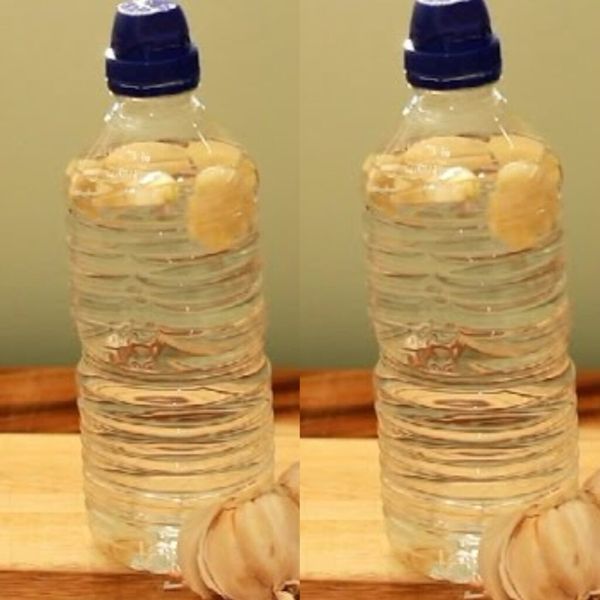
Drinking garlic water can be a great way to boost your health, but it’s important to do so in moderation. Garlic is packed with antioxidants and compounds that can strengthen your immune system, support heart health, improve digestion, and even promote detoxification. However, consuming excessive amounts of garlic water can have both positive and negative effects. Let’s explore what happens to your body when you drink a lot of garlic water.
The Positive Effects of Drinking Garlic Water
Enhanced Immune System
Garlic is known for its immune-boosting properties due to its antioxidants and allicin content. By drinking garlic water, you can give your immune system a powerful boost, helping your body fight off colds, flu, and other illnesses. It can also lead to faster recovery from illnesses.
Lower Blood Pressure
Drinking garlic water in large amounts can cause a significant drop in blood pressure, which is beneficial for people with hypertension. However, individuals with normal or low blood pressure should be cautious, as it may cause dizziness or fainting.
Improved Heart Health
Garlic has the ability to reduce bad cholesterol (LDL) levels and improve blood circulation, which is beneficial for heart health. Consuming a lot of garlic water may further enhance these cardiovascular benefits, but excessive consumption can lead to thinning of the blood, which may increase the risk of bleeding.
Improved Digestion
Garlic stimulates the production of digestive enzymes and promotes gut health. By drinking garlic water, you can improve digestion. However, it’s important to note that consuming large amounts of garlic water may cause gastrointestinal discomfort such as gas, bloating, or stomach cramps for some individuals.
Detoxification
Garlic is known for its detoxifying properties, as it promotes liver function. Drinking garlic water can accelerate the detoxification process, helping flush out toxins from your body. However, it’s crucial to avoid excessive consumption, as it may strain the liver and kidneys.
The Negative Effects of Drinking Too Much Garlic Water
Digestive Issues
While garlic aids digestion in moderate amounts, drinking excessive amounts of garlic water can irritate the stomach and lead to digestive issues like gas, bloating, and diarrhea. Additionally, the sulfur compounds in garlic can cause a strong odor in sweat and breath.
Risk of Bleeding
Garlic is a natural blood thinner, which can help prevent blood clots. However, consuming too much garlic water can increase the risk of excessive bleeding, especially for individuals on blood-thinning medications or with bleeding disorders.
Drop in Blood Pressure
Although garlic is effective at lowering blood pressure, consuming large quantities can cause blood pressure to drop too much. This can lead to dizziness, lightheadedness, or fainting, which can be dangerous for individuals with normal or low blood pressure.
Allergic Reactions
Some individuals are allergic to garlic, and drinking excessive amounts of garlic water could trigger allergic reactions such as skin rashes, itching, and difficulty breathing. If you suspect an allergy to garlic, it’s important to avoid consuming large amounts.
Liver and Kidney Strain
While garlic can be detoxifying, consuming too much can strain the liver and kidneys, especially in individuals with pre-existing liver or kidney conditions. Large amounts of garlic water could overwhelm the body’s detoxification system, leading to discomfort or complications.
Interference with Medications
Garlic can interact with certain medications, especially blood thinners like warfarin or aspirin. Drinking excessive amounts of garlic water can amplify the effects of these medications, potentially leading to dangerous side effects like uncontrolled bleeding.
Recommended Dosage
For most people, drinking garlic water in moderation is safe and provides health benefits. It is recommended to steep about 1-2 cloves of garlic in water daily. If you’re considering increasing your intake, it’s essential to consult a healthcare provider, especially if you’re on medications or have underlying health conditions



